
Copernical Team
JAXA, NASA XRISM Mission ready for liftoff
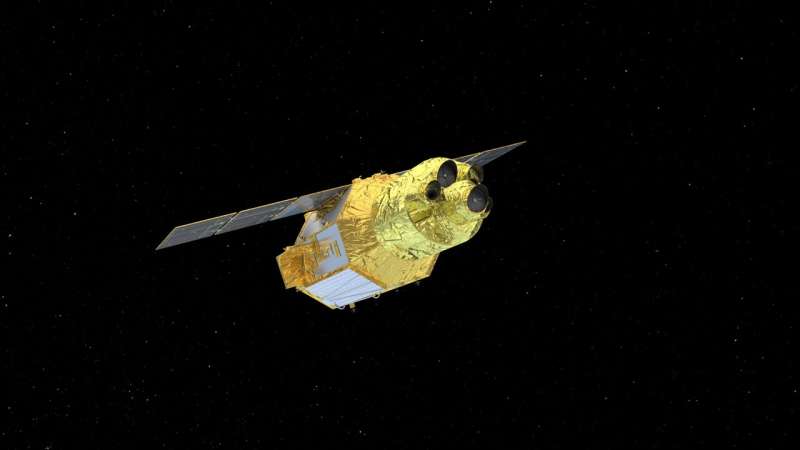
A powerful satellite called XRISM (X-ray Imaging and Spectroscopy Mission) is set to provide astronomers with a revolutionary look at the X-ray sky.
XRISM, led by JAXA (Japan Aerospace Exploration Agency) in collaboration with NASA and with contributions from ESA (European Space Agency), is scheduled to launch on an H-IIA rocket from Japan's Tanegashima Space Center at 8:26 p.m. EDT on Sunday, Aug. 27 (9:26 a.m. on Monday, Aug. 28, in Japan). JAXA will stream the launch live on YouTube, with a broadcast in both English and Japanese starting at 7:55 p.m. EDT.
"Some of the things we hope to study with XRISM include the aftermath of stellar explosions and near-light-speed particle jets launched by supermassive black holes in the centers of galaxies," said Richard Kelley, NASA's XRISM principal investigator at NASA's Goddard Space Flight Center in Greenbelt, Maryland.
NASA and SpaceX re-attempt launch of four crew to ISS
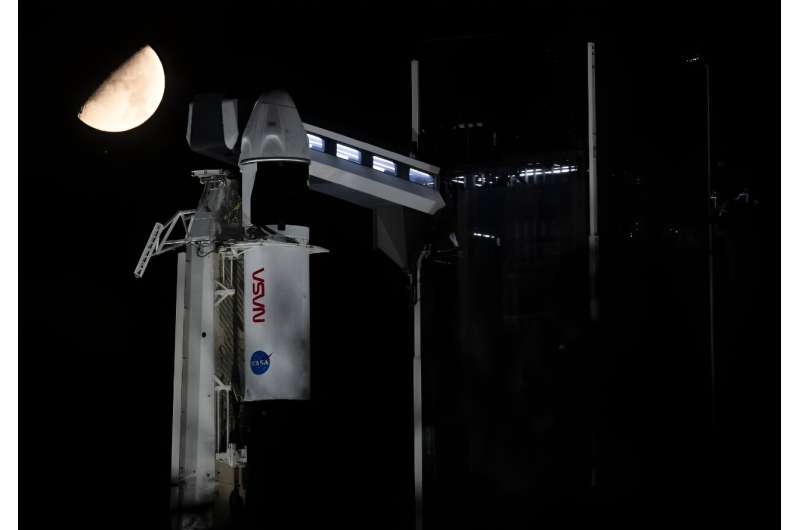
NASA and SpaceX will try again on Saturday to send the next crew of four astronauts to the International Space Station.
Dubbed Crew-7, the mission will be commanded by American Jasmin Moghbeli and includes Andreas Mogensen of Denmark, Satoshi Furukawa of Japan and Konstantin Borisov of Russia.
Liftoff is planned for 3:27 am (0727 GMT) from Launch Complex 39A at NASA's Kennedy Space Center in Florida, with a backup opportunity on Sunday.
The launch was pushed back to Saturday to give engineers an extra day to review a component of the Crew Dragon capsule's environmental control and life support system, NASA said in a blog post.
India first to land near moon south pole after Russia fails

India became the first country to land a spacecraft near the moon's south pole after Russia's attempt at a lunar touch down in the same area ended in failure following an engine malfunction.
Chandrayaan-3—India's spacecraft that launched last month—achieved a soft landing at 6:04 p.m. local time on Wednesday, after Russia's Luna-25 crashed into the moon on Sunday. A rover, named Pragyan, or wisdom, is set to analyze the chemical makeup of the moon's surface and search for water over the course of one lunar day, which is equivalent to 14 days on Earth.
India is the second country, along with China, to have an operating rover on the moon.
A successful touch down lifts India's prestige in the global space race, after the country suffered a setback from a failed moon mission in 2019. Prime Minister Narendra Modi wants to bolster the country's place among the world's space faring nations and in June India signed the Artemis Accords, a U.S.
New crew for the space station launches with 4 astronauts from 4 countries
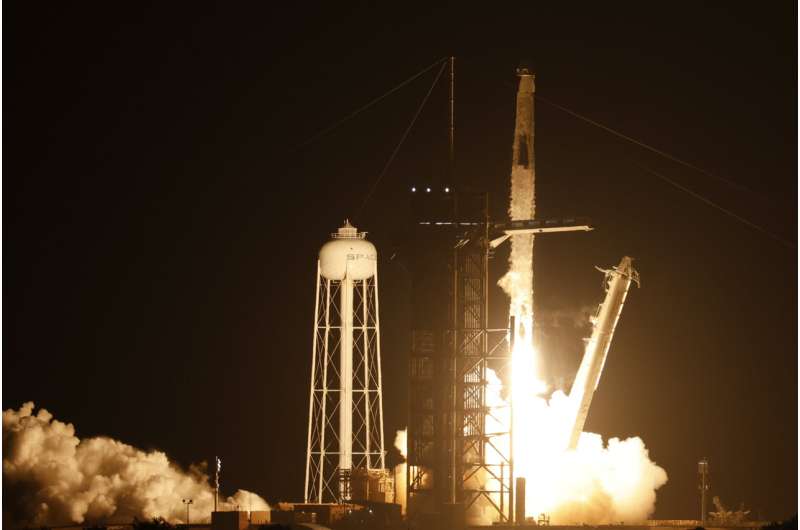
Four astronauts from four countries rocketed toward the International Space Station on Saturday.
They should reach the orbiting lab in their SpaceX capsule Sunday, replacing four astronauts living up there since March.
A NASA astronaut was joined on the predawn liftoff from Kennedy Space Center by fliers from Denmark, Japan and Russia. They clasped one another's gloved hands upon reaching orbit.
Next major X-ray mission set to launch on Monday

*Update: the launch has been rescheduled from Saturday 26 August to Monday 28 August*
The X-Ray Imaging and Spectroscopy Mission (XRISM) is ready to launch on 28 August 2023 to observe the most energetic objects and events in the cosmos. In doing so, it will unveil the evolution of the Universe and the structure of spacetime.
XRISM is a collaboration between the Japan Aerospace Exploration Agency (JAXA) and NASA, with significant participation from ESA. The launch will be streamed live in Japanese and English on JAXA’s YouTube channel.
India’s Chandrayaan-3 successfully lands on the Moon
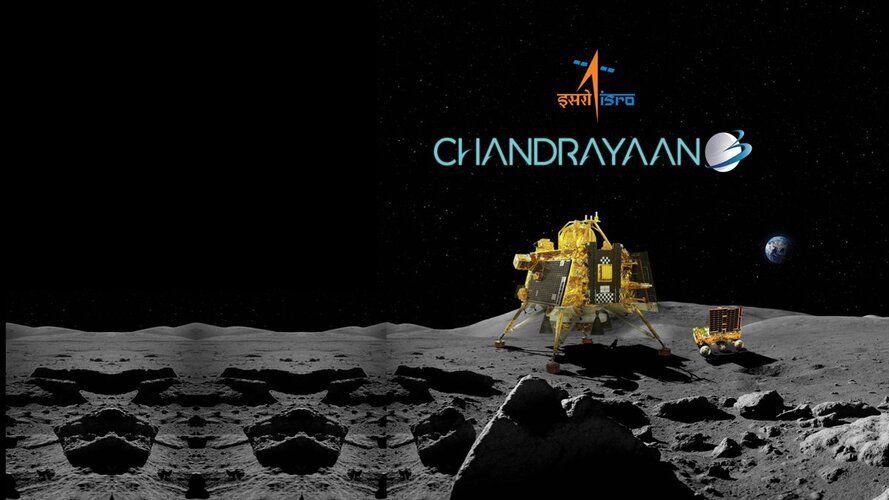
Wildfires continue to rage in Greece
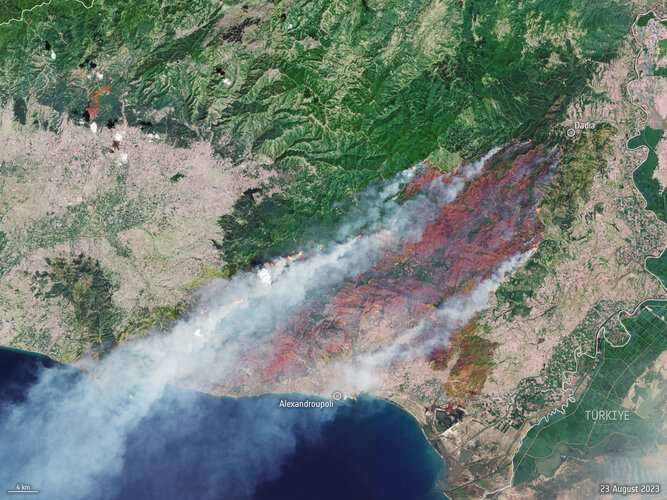 Image:
A month after fires ravaged the island of Rhodes in July 2023, more fires have ripped through Greece this week as southern Europe swelters under a late summer heatwave. This Copernicus Sentinel-2 image shows the ongoing blaze near Alexandroupoli in the Evros region of northeast Greece – close
Image:
A month after fires ravaged the island of Rhodes in July 2023, more fires have ripped through Greece this week as southern Europe swelters under a late summer heatwave. This Copernicus Sentinel-2 image shows the ongoing blaze near Alexandroupoli in the Evros region of northeast Greece – close Orion and I-Hab
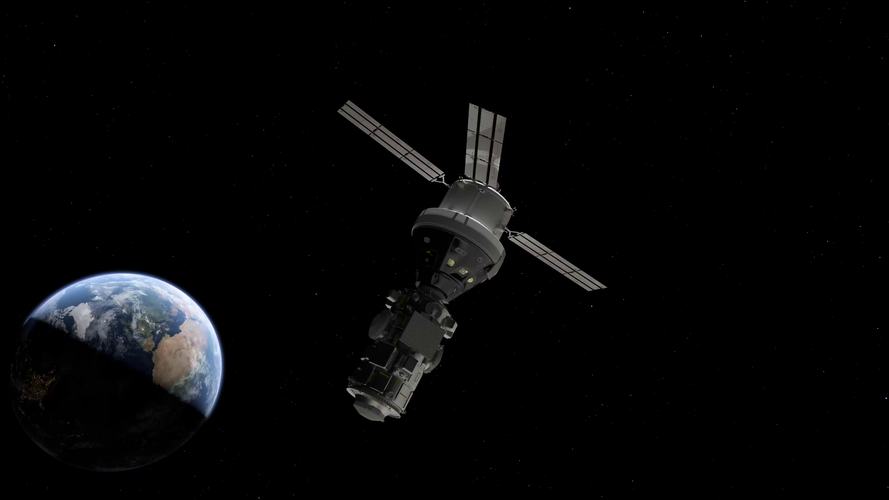 Video:
00:00:26
Video:
00:00:26
Animation showing the Orion spacecraft, powered by the European Service Module-4, with I-Hab for the Gateway.
The mega Moon rocket SLS will propel four astronauts inside Orion to the Moon on Artemis IV as well as deliver the I-Hab module to the lunar Gateway.
The international habitat or, I-Hab for short, is one of ESA’s many contributions to the lunar Gateway – an outpost that will orbit the Moon as part of the Artemis programme.
The I-Hab is a pressurised module that will provide living quarters for astronauts visiting the Gateway, including multiple docking ports for berthing vehicles as well
Delivering Esprit to Gateway
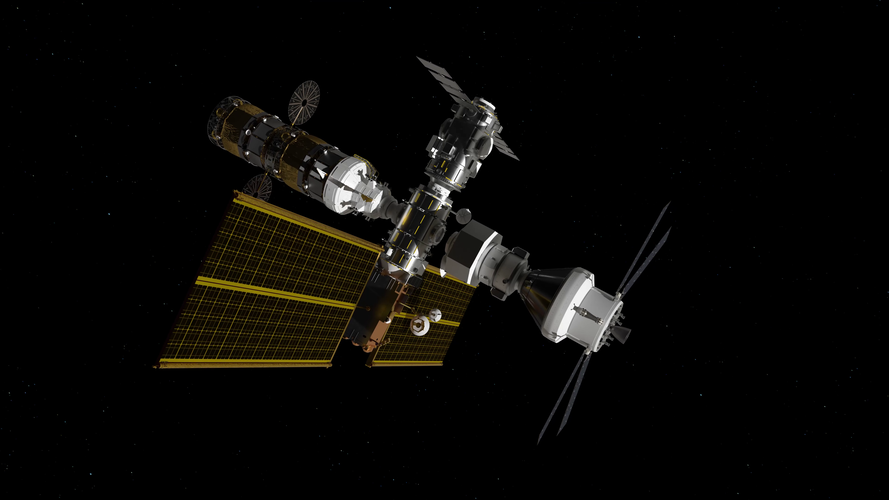 Video:
00:00:41
Video:
00:00:41
Animation showing the Orion spacecraft, powered by the European Service Module-5, delivering the Esprit to the Gateway, not shown is the lunar landing system that will also be docked to Gateway on arrival.
The mega Moon rocket SLS will propel four astronauts inside Orion to the Moon on Artemis V as well as deliver the Esprit module to the lunar Gateway.
Orion and the European Service Module will tug Esprit into position around the Moon and dock with the Gateway, pushing Esprit into position.
The Esprit refuelling module is part of the Gateway’s core structure. The module is 4.6 m


